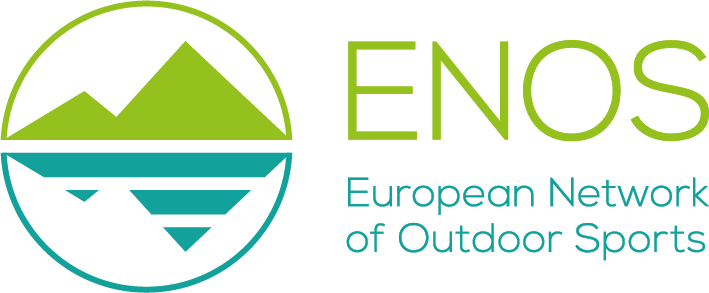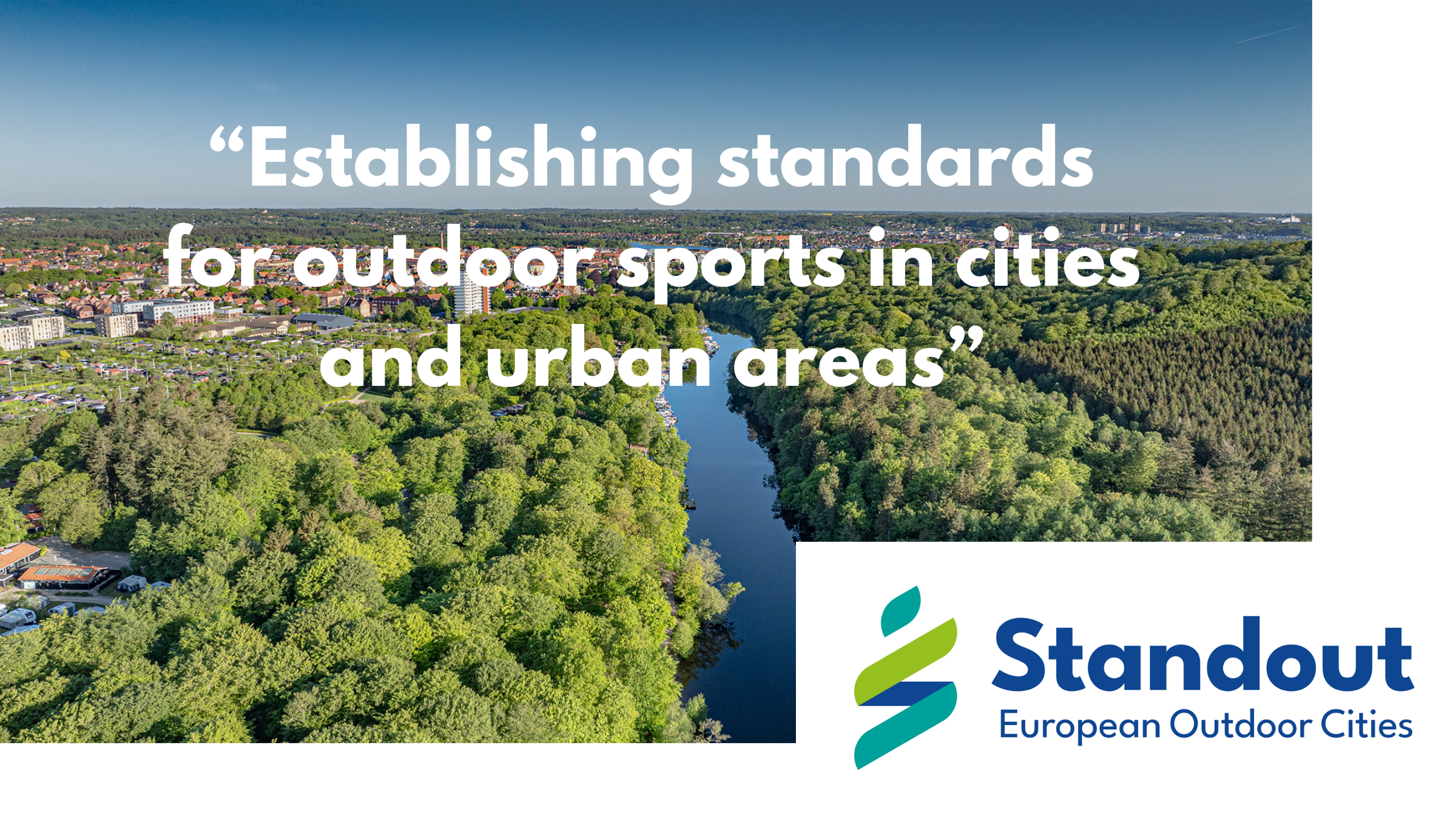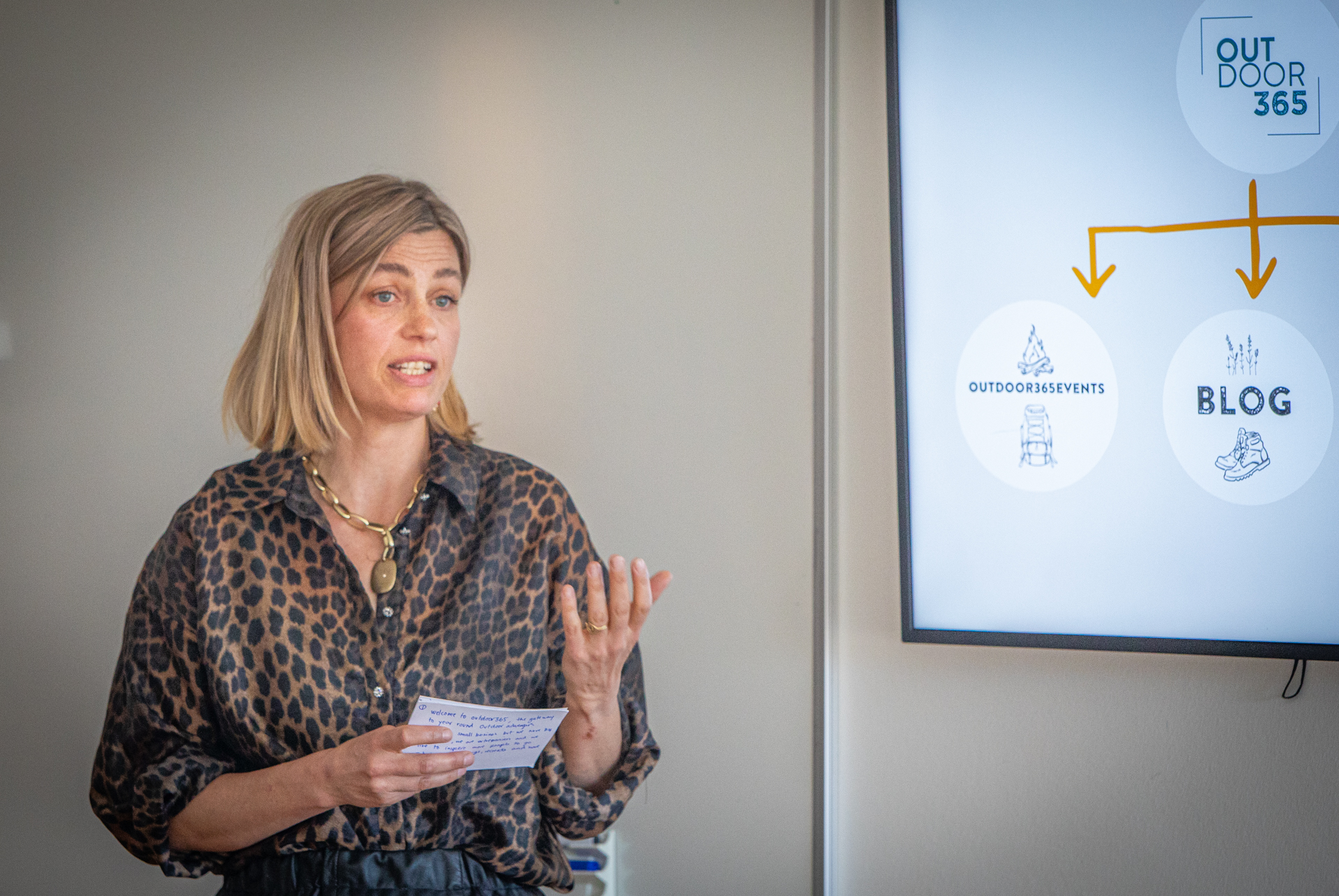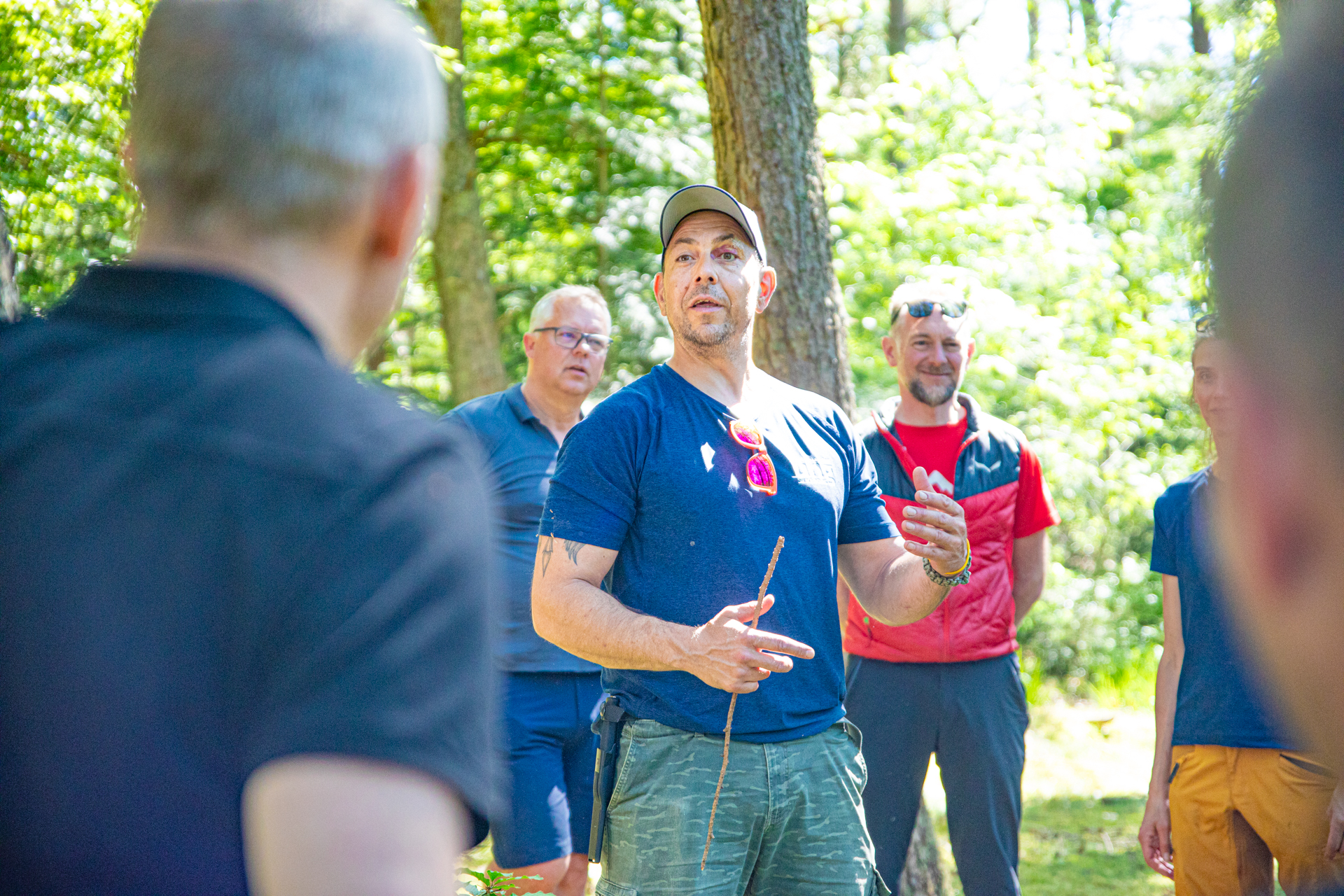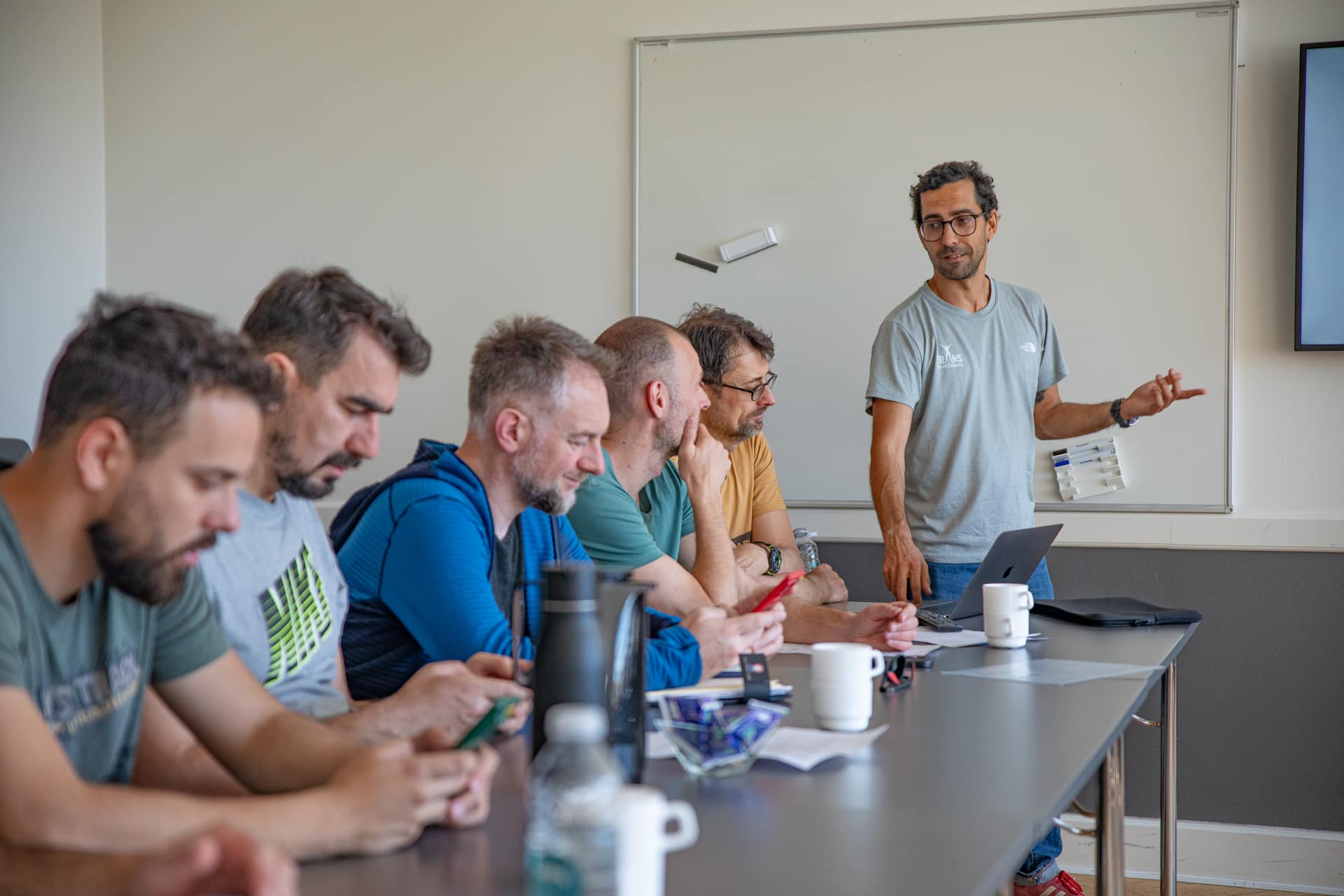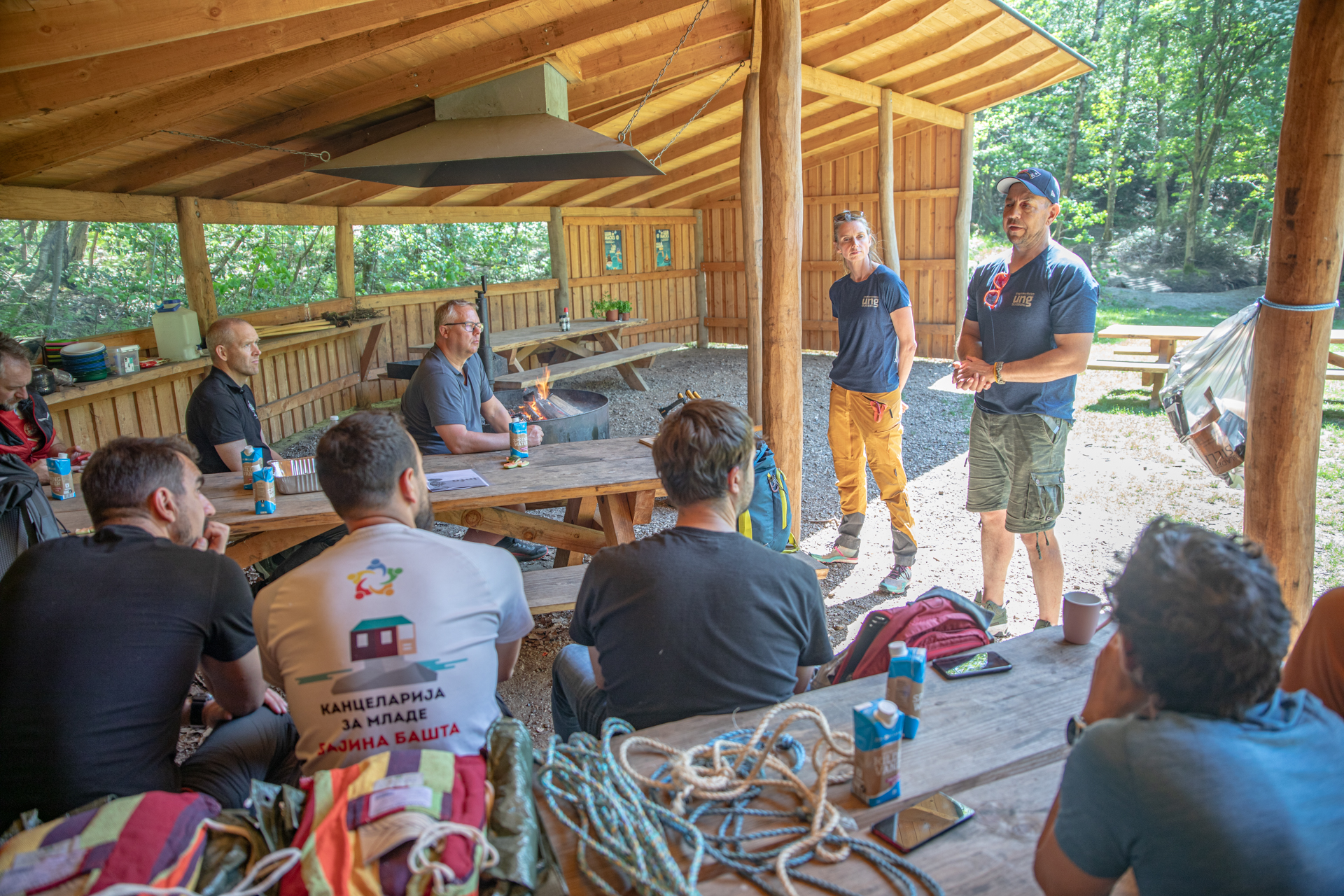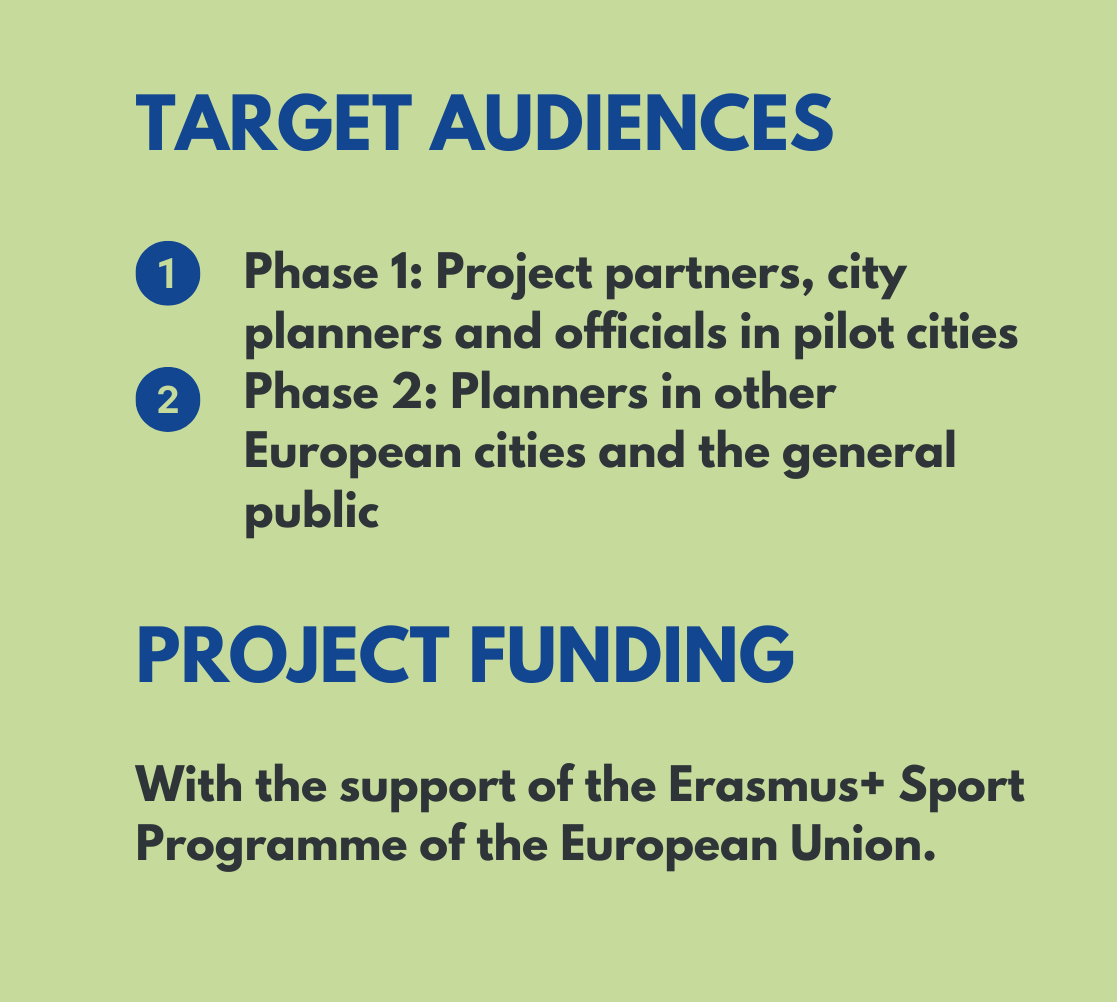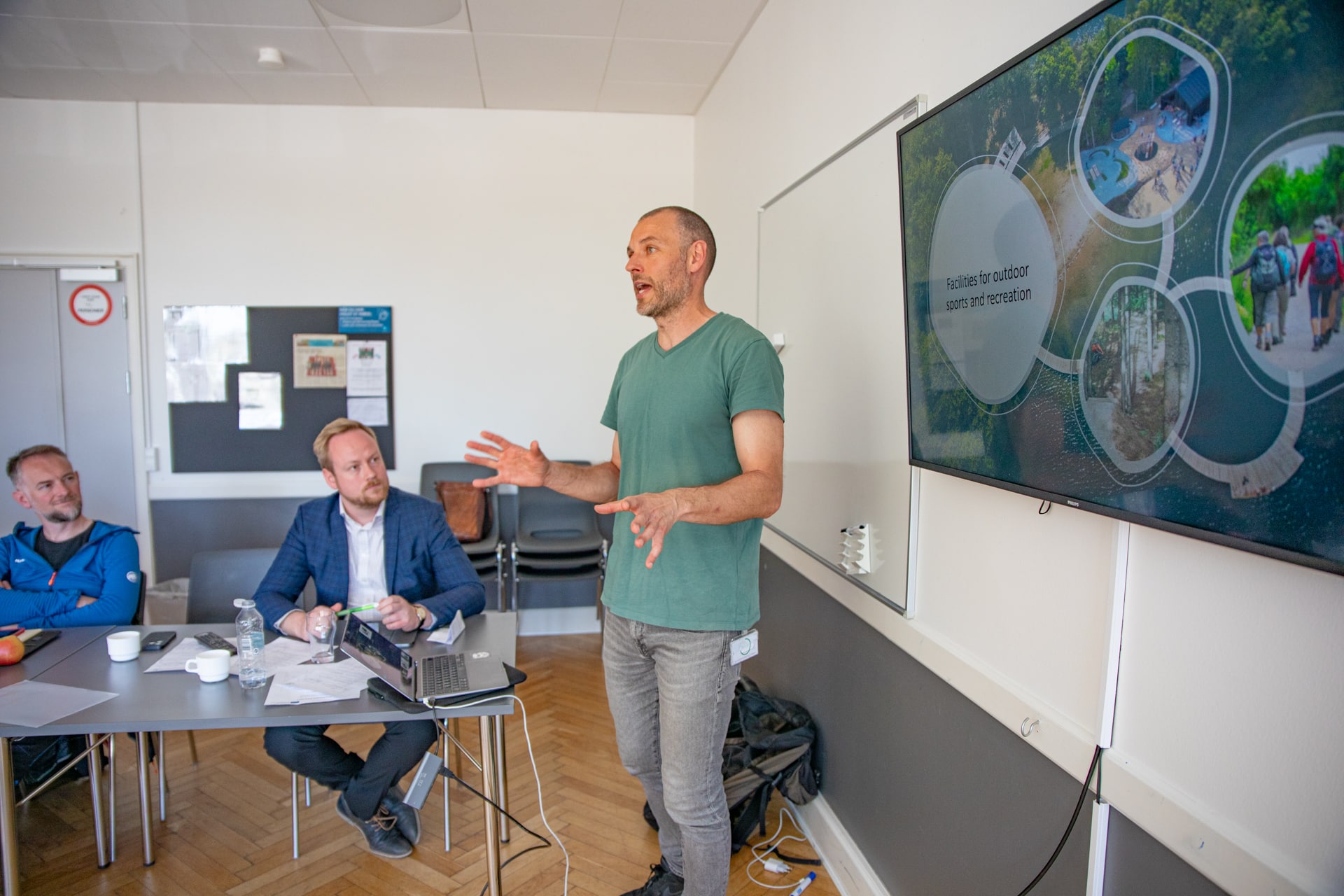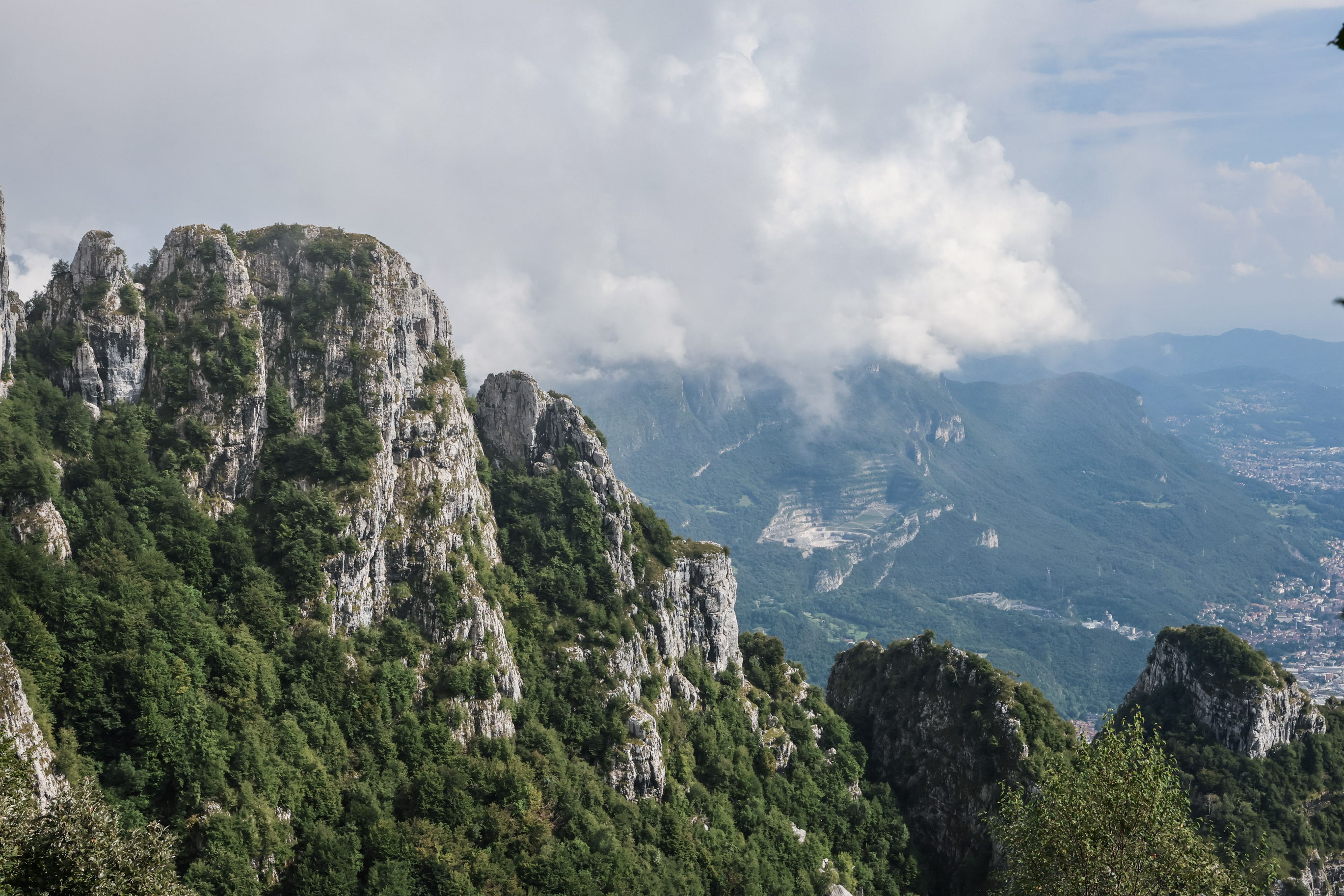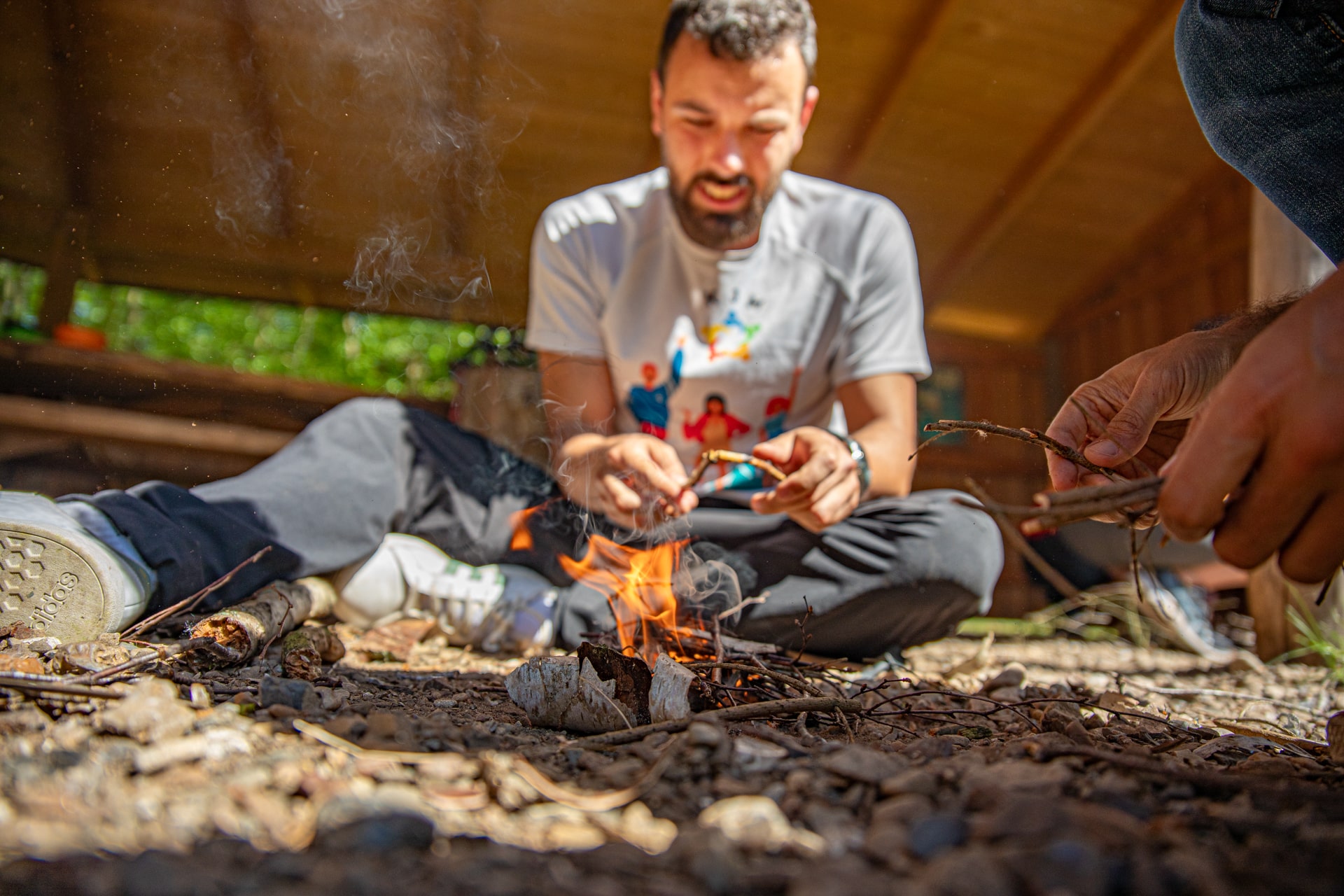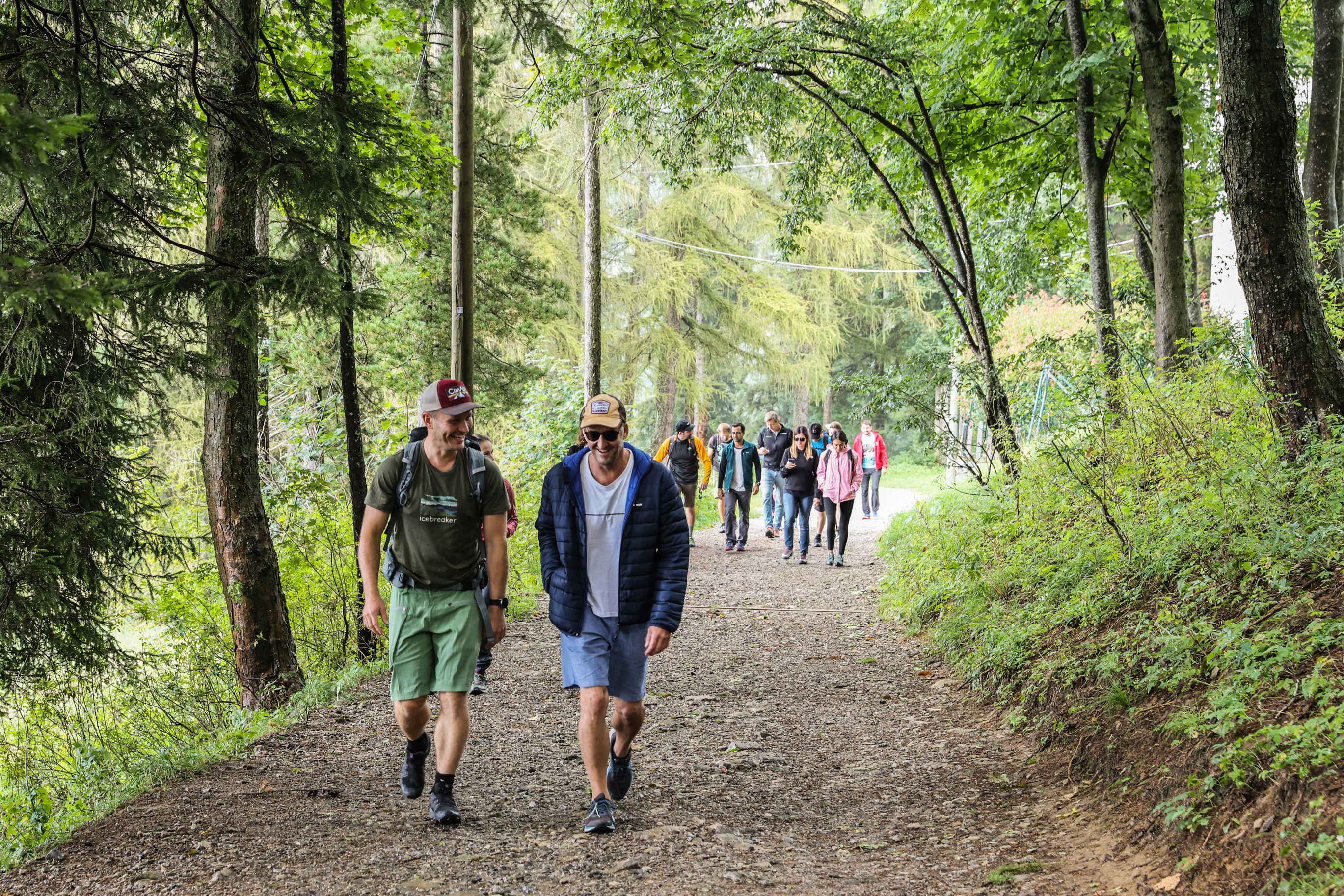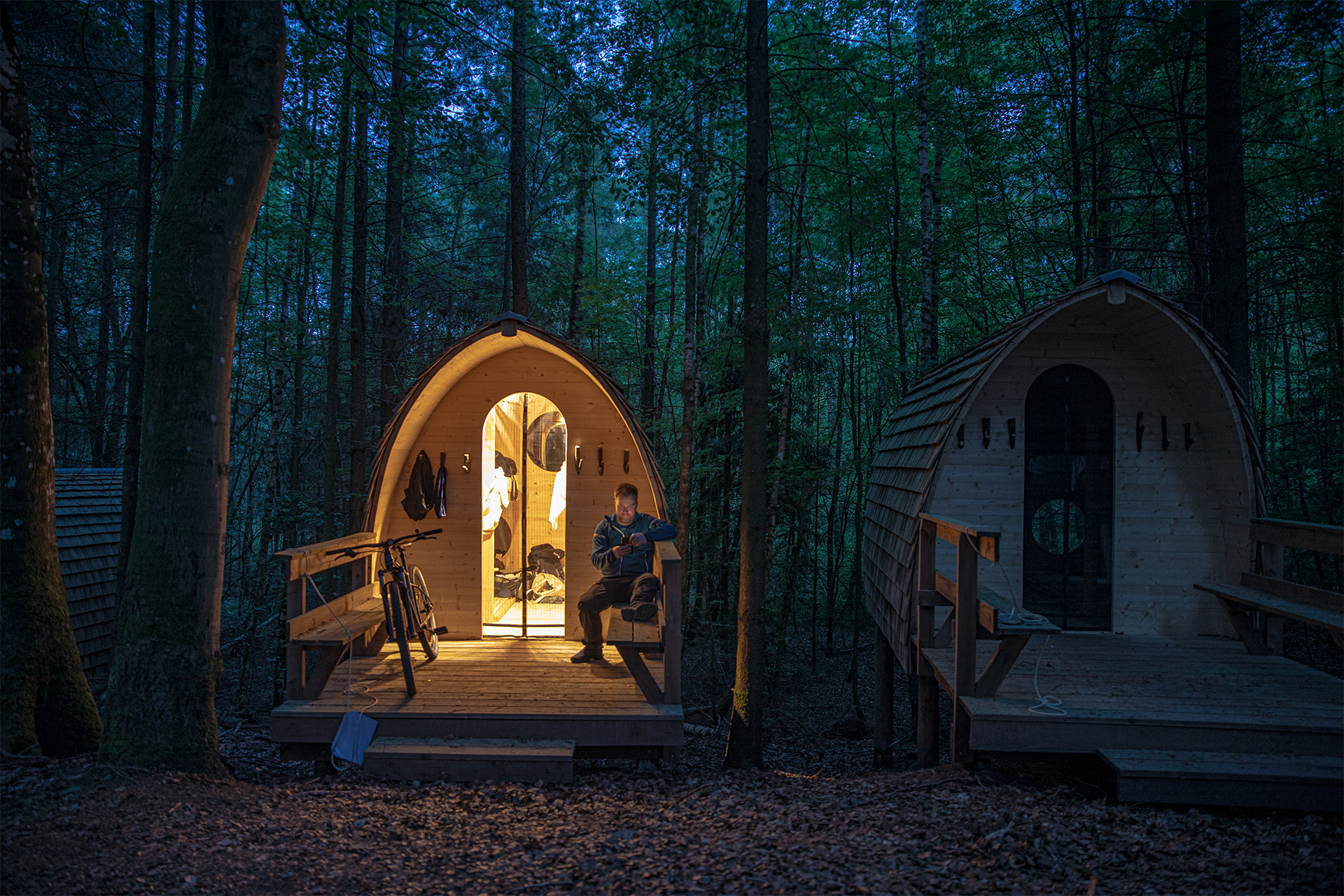Description and aim
The project seeks to promote community well-being by integrating outdoor sports into urban planning, with a focus on inclusivity, diversity, and sustainability. By addressing physical inactivity and inequalities, STANDOUT aims to reshape urban environments, encouraging cities to adopt minimum standards and an accreditation system in line with the European Green Deal. The project fosters cross-sectoral collaboration and utilises digital tools for knowledge-sharing, ultimately creating a toolbox of standards that support healthier lifestyles through nature-based solutions.
Objectives
Outdoor sports have become an important theme for life quality. While physical activity in nature is proven to stimulate health and wellbeing, Eurobarometer continuously measures high levels of physical inactivity among the certain parts of the population. This can aggravate health issues and cost for healthcare.
Particularly in urban areas where most Europeans live, spaces which encourage outdoor activities are scarce. Creating attractive and accessible infrastructure for outdoor sports could encourage participation and offset inequalities. Therefore, STANDOUT aims to provide urban planners with standards and tools to guide the development of inclusive green and blue infrastructure. These are elaborated by means of research and knowledge sharing exchanges. The resulting framework is then communicated and distributed to help more municipalities become active, green European Outdoor Cities.
Project Period
January 2024 – December 2026
Expected Outcomes and Benefits
• Develop urban green and blue spaces that are open and accessible to everyone
• Formulate policies to enhance outdoor sports participation focusing on sustainability
• Establish channels to promote and utilise urban sports facilities
• Strengthen grassroots sports sectors to meet demand inclusively and safely
• Collaborate with healthcare to integrate natural urban environments into wellness programs
• Initiate sustainability and outdoor activity programs, especially for young people
• Ensure outdoor activities are accessible and appealing to diverse populations
• Implement systems for fair access to outdoor activities for all demographics
Project Activities
News from the project Exchanges
The exchange of expertise between the international partners is an important pillar of the STANDOUT project. The face-to-face meetings in the various partner countries also create the opportunity to receive important input from national programmes and experts. Excursions to best practices provide new impetus in the development of the standards for outdoor cities and ensure the practicality of the project outcomes.
The video of the 2nd project exchange in Lecco, Italy can be found here.
Project consortium (partners/contributors)
- European Network of Outdoor Sports (ENOS) – France
- Mountainbike Forum Germany
- Outdooractive AG – Germany
- Technische Universität München – Germany
- Univerzita Karlova – Czech Republic
- Lansstyrelsen Vesternorrland – Sweden
- Outdoor Institute – Denmark
- Silkeborg Municipality – Denmark
- Trekkify (Associazione Sportiva Dilettantistica) – Italy
- Mountaineering Association Tara – Serbia
- Municipality of Viana do Castelo – Portugal
Exchange programme
What are the ingredients of an Outdoor City? Which practices and structures support the urban population in being active outdoors to create happier and healthier lives?
These questions were at the centre of STANDOUT’s first Knowledge Exchange in Silkeborg, Denmark on 14-17 May 2024. The self-proclaimed Outdoor Capital provided an excellent setting to learn about good practices for incorporating the outdoors in an urban environment. Hosted in AQUA wildlife park and various community venues around the city, the project partners connected in person for the first time to learn, discuss and drive STANDOUT forward.
For the presentations and workshops, a number of officials, practitioners and stakeholders were invited to share their experience and knowledge: how to create the accessible outdoors for all – youth, handicapped and elderly alike. Silkeborg municipal representatives, Danish nature agency, educators, lake sports club volunteers, DGI, Ungdomsskole and other stakeholders’ representatives added perspectives to the understanding what it takes to institute European Outdoor Cities. The participants further experienced the outdoors of Silkeborg by bike and canoe, eating and sleeping outdoors.
Special thanks to Heiko Buch-Stilling from the Outdoor Institute to arrange this inspiring exchange. Over the summer, the project partners are now incorporating the learnings to define outdoor sports and work towards standards before meeting again in Lecco, Italy, for the second exchange.
